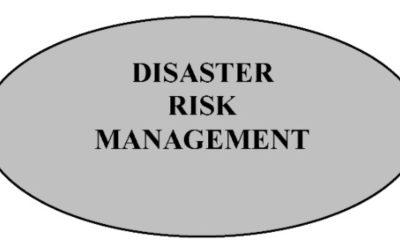National
Sustainability First: BREEF Weighs In On The Dangers of Oil Spill
NASSAU, BAHAMAS – For the past month, news of an oil spill in Trinidad and Tobago has dominated news in the region.
-

 National23 hours ago
National23 hours agoBus Drivers: What 25 Cents Could Do For Me?
-

 National2 days ago
National2 days agoNew Providence Resident: I Don’t Know Why It’s Taking So Long, I’m A Bahamian
-

 National3 days ago
National3 days agoFinding Evan Fox: “It’s Not like Him”
-

 Business1 day ago
Business1 day agoRBC Royal Bank Appoints New Managing Director for The Bahamas and Turks & Caicos
-

 Court2 days ago
Court2 days agoNorth Abaco MP’s Former Girlfriend Testifies in Rape Trial
-

 Education2 days ago
Education2 days agoUB Students Told to Use AI Skills to Build Stronger, Resilient Bahamas
-

 Court3 days ago
Court3 days agoGunman Who Robbed Pregnant Cashier, Jailed for Six Years
-

 National2 days ago
National2 days agoTeachers Union President: It’s Time to Start Testing Students


























